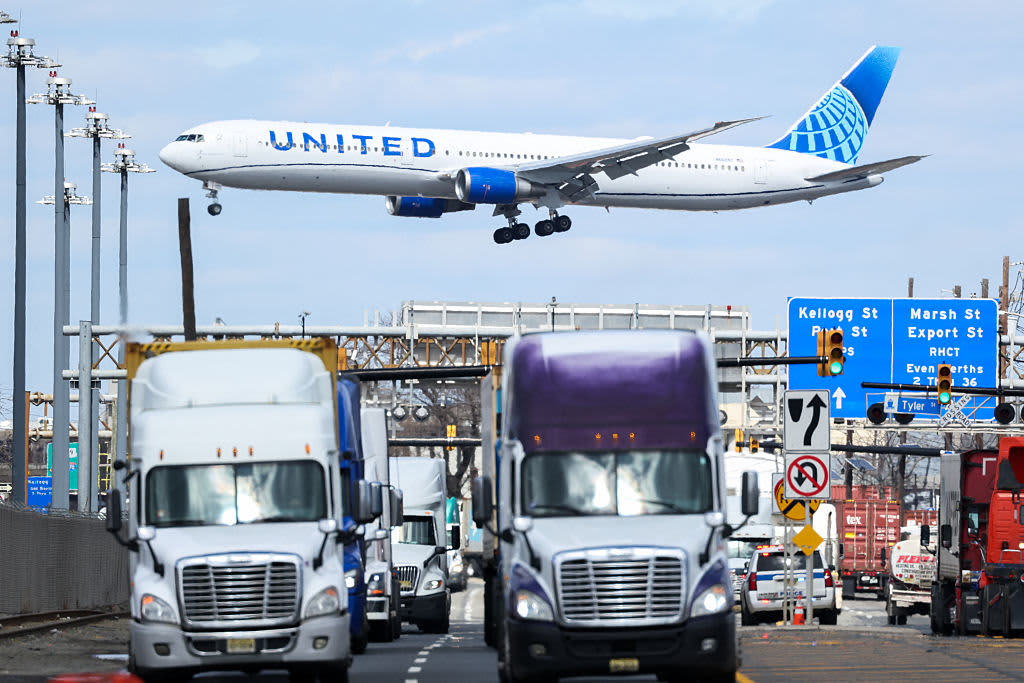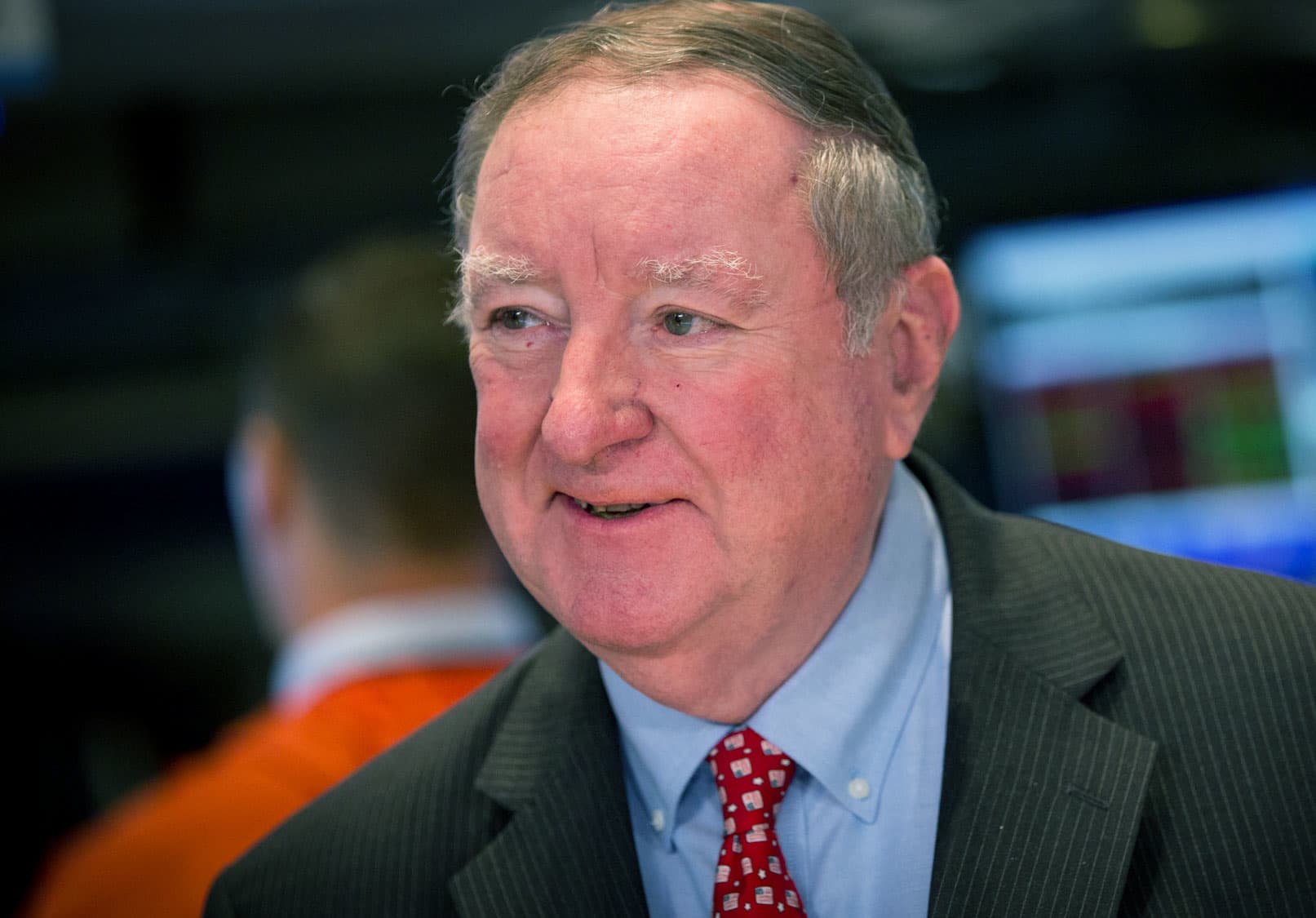U.S. Special Presidential Envoy for Ukraine and Russia Keith Kellogg said Saturday that a peace plan for the two warring nations could come within days or weeks.
“I’m on Trump time,” Kellogg told delegates at a fringe event at the Munich Security Conference, referring to U.S. President Donald Trump’s famed fast-moving decision making.
“He’ll ask you to do this job today and he’ll want to know tomorrow why isn’t it solved,” said Kellogg, a key negotiator for Ukraine and allied nations in the recently tabled peace talks.
“You got to give us a bit of breathing space and time, but when I say that, I’m not talking six months, I’m talking days and weeks,” he said.
Kellogg said there was currently a “dual-track” approach to peace talks, with U.S. representatives liaising with Russia, and separately with Ukraine and allied nations. Kellogg, for his part, said he was working on behalf of the latter grouping and insisted — contrary to earlier U.S. suggestions — that both Ukraine and Europe must be a part of those talks.
“You’ve got to bring the allies with you. Are they [Ukraine and Europe] going to play a part? Of course they are. You can’t do it at the exclusion of anyone,” he said.
“We want to make sure it’s lasting and it’s sustainable peace,” he added.
Europe may not be physically at the table for peace talks
Kellogg then clarified that Europe may not physically be at the table for peace talks, but that the region’s interests would be taken into account.
“What we don’t want to do is get into a large group discussion,” he said.
When asked if he could outline the requirements for a credible security guarantee for Ukraine, Kellogg said he could not yet do so.
“The answer right now is no,” he said, saying that he was at the conference to gather insights from Ukraine and Europe. Sometimes the U.S. has a “problem only looking through their own lens,” he added.
He noted later Saturday that an agreement could include territorial concessions from Russia, without confirming Moscow’s position on such a proposal.
Global defense and security officials are gathered in Munich, Germany for the annual three-day conference, where the future of Ukraine, peace talks with Russia and reshaping Europe’s security and defense architecture are at the fore of discussions.
Prospects for a peace deal returned to the fore this week after President Trump held separate phone calls with both Putin and, later, Zelenskyy. After initially indicating that a bilateral deal could be struck between Washington and Moscow, Trump later said that Ukraine’s Zelenskyy would be involved, along with “a lot of other people.”
Still, concern over Europe’s involvement in the negotiations has clouded the event, with top EU officials insisting that there could be no lasting peace without them.
Speaking on a panel alongside Kellogg Saturday, Croatia’s Prime Minister Andrej Plenković said it was critical to achieve not “any” peace deal, but one that ensures the territorial integrity of Ukraine. He added that Europe’s exclusion from talks would be “politically unacceptable” given the long transatlantic ties between Europe and the U.S.
When you are just followers, you depend — and on whom you depend writes the rules.Gabrielius Landsbergisformer foreign minister, Lithuania
Addressing delegates from the audience, Iceland’s Prime Minister Kristrún Frostadóttir also cited a general sense of trepidation from within Europe toward the new U.S. administration.
“People are still not sure what the U.S. wants to do,” she said. “It’s difficult for leaders to be responding constantly to unclear comments.”
Meanwhile, Gabrielius Landsbergis, Lithuania’s former foreign minister who stepped down last year, took a more critical approach to Europe’s potential exclusion from negotiations.
“I understand the frustration that Europe is not at the table, but the reason why not is because Europe has very little to offer to the table,” he told CNBC Saturday.
“If we would be ready now to offer troops, money, integration to the EU, we could have our own table. We could be inviting Ukrainians and Putin and Trump and whoever to talk about the peace the way that Europe and Ukraine understands that,” he continued.
“Now, unfortunately, we are the followers. And when you are just followers, you depend — and on whom you depend writes the rules.”


